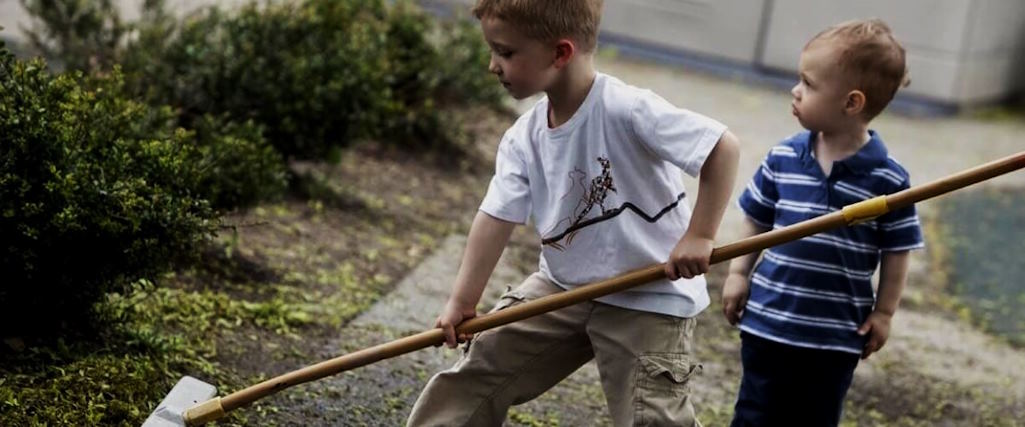Strategies for Managing Household Responsibilities

In the bustling symphony of family life, managing household responsibilities orchestrates a harmonious rhythm that keeps the household running smoothly. From maintaining a clean environment to ensuring tasks are evenly distributed among family members, these strategies streamline daily chores and foster a sense of responsibility and teamwork. Join us in exploring effective approaches that promote organization and efficiency and cultivate valuable life skills within the family unit.
Organization and Efficiency: Balancing Household Chores
Maintaining an organized approach to household responsibilities is key to a well-functioning home:
Task Delegation: Create a list of household chores and responsibilities, then distribute them among family members based on their capabilities and schedules. Rotating tasks ensures fairness and prevents burnout.
Family Chore Calendar
Develop a chore calendar that outlines who is responsible for which tasks and when. This visual aid helps keep everyone accountable and ensures tasks are completed timely.
Teamwork and Collaboration: Encourage a team mindset where family members support each other. Consider having “clean-up parties” where everyone tackles chores together, fostering a sense of camaraderie.
Effective Communication
Establish clear expectations and open communication regarding household responsibilities. Encourage family discussions to address any concerns or adjustments needed in chore distribution.

Teaching Responsibility: Involving Children in Household Chores
Involving children in household chores not only lightens the load but also teaches valuable life skills:
Age-Appropriate Tasks
Assign tasks suitable for each child’s age and abilities. Younger children can help with simple tasks like setting the table or putting away toys, while older children can handle more complex chores like doing laundry or cooking simple meals.
Leading by Example
Show children the importance of responsibility by modeling positive behavior. Children who see adults and older siblings taking care of household tasks are more inclined to follow suit.
Praise and Encouragement
Acknowledge and appreciate children’s contributions to household chores. Positive reinforcement encourages a sense of accomplishment and motivates continued participation.
Learning Through Contribution
Emphasize that contributing to household tasks is a way to help the family thrive. Highlight how their efforts are crucial in maintaining a harmonious and functioning household.
By implementing these strategies, families can manage household responsibilities effectively and instill valuable life skills in children, fostering a culture of teamwork, responsibility, and mutual support within the home. Ultimately, these practices contribute to a balanced and thriving household where everyone plays a vital role in its upkeep and success.



